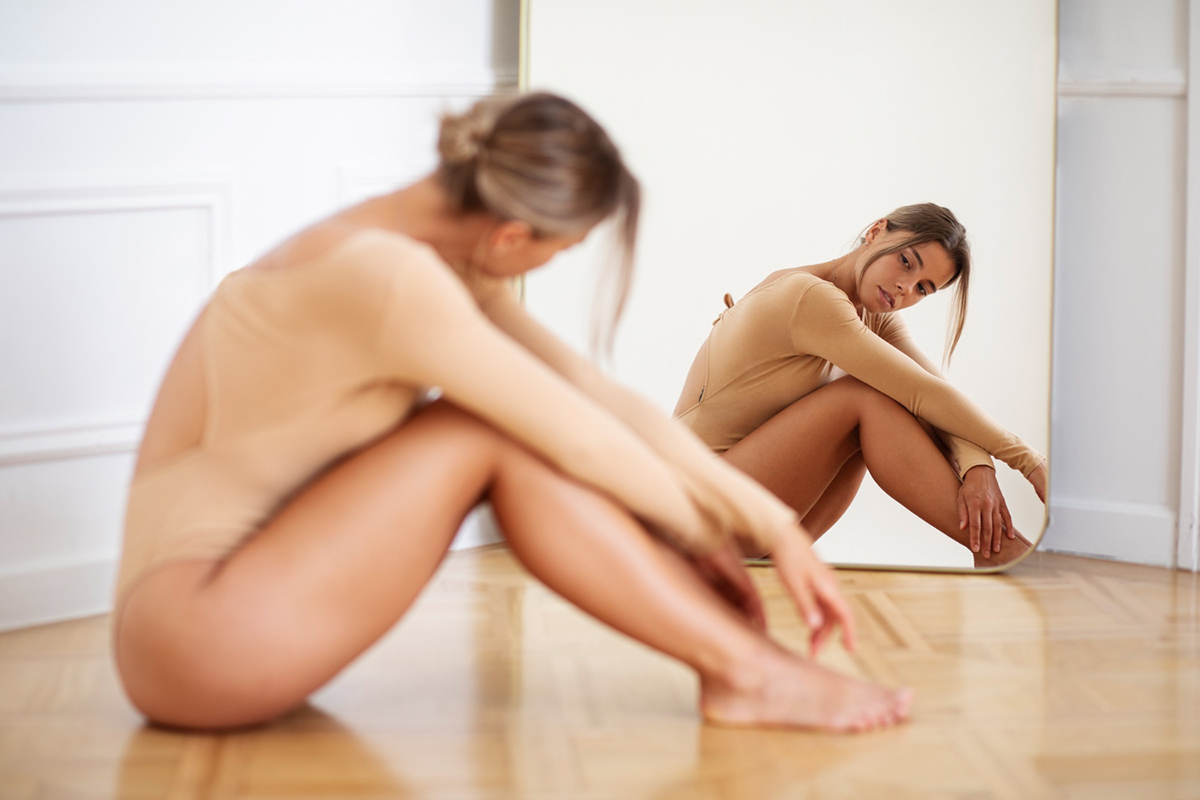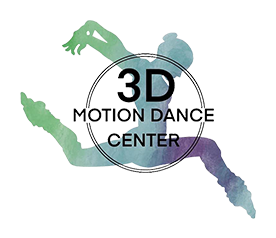Healing from Body Image Anxiety in Dance

Dancers face an immense amount of pressure to achieve a “perfect” physique. In today’s world of social media, it’s easy to compare oneself with others and harbor negative thoughts about one's body image. It’s common for dancers to develop eating disorders or have a distorted view of their bodies. As a result, the dance community has to work harder to promote body positivity, healthy habits, and self-acceptance. In this blog post, we’ll provide a comprehensive guide on how dancers can heal from body image distress and cultivate a positive relationship with their bodies.
Acknowledge the Issue
The first and most important step to healing from body image distress is to acknowledge that you have a problem. It’s essential to accept that the body idealized by the media and society is not your reality. Talk with your dance instructor or a trusted authority figure about your concerns. Furthermore, remember that having a different body shape doesn’t make you less of a dancer. Weight, height, and muscle mass don’t determine your skill level. The value of a dancer lies in their passion, dedication, and talent.
Engage in Positive Self-Talk
Negative self-talk is a vicious cycle that can escalate to further anxiety and depression. On the other hand, positive self-talk can improve your mood, boost your self-confidence, and cultivate a healthier relationship with your body. Often, it’s so easy to criticize and forget that your body is doing its best to support you. Start by changing the narrative in your head; instead of focusing on what you perceive as flaws, reflect on your strengths and accomplishments. Try saying positive affirmations to yourself, such as “I am enough” before you start your dance sessions.
Seek Support
Dancers are not immune to mental health issues, and it’s okay to seek support when you need it. If you feel overwhelmed or distressed, talk to someone you trust, such as a friend, family member, or therapist. Therapy can be an excellent resource to work through your issues and help you develop positive coping mechanisms. In addition, try to surround yourself with people who uplift and support you. You don’t need to go through this journey alone.
Embrace a Healthy Lifestyle
Engaging in a healthy lifestyle helps you in nurturing your physical, mental and emotional well-being. However, it’s easy to fall into patterns of disordered eating or over-exercising to achieve an aesthetic ideal. Consuming a balanced diet with a variety of nutrient-dense foods, combined with rest and exercise that fuels your body, can help in building a positive relationship with food and exercise. Specific diets or eating patterns may harm your body and affect your mood and performance. It’s essential not to engage with anything that feels restrictive or unsustainable, and instead, to opt for intuitive and enjoyable ways to take care of your body.
Reframe Negative Thoughts
Distorted thinking patterns can also perpetuate negative feelings about your body. It’s essential to take a step back and reframe those negative thoughts positively. For instance, if you catch yourself thinking about wanting to change something about your body, try to remember that every body is unique. Your body is beautiful as it is, and if there are changes you’d like to make, there are healthy and sustainable ways to achieve them. Remember that your body deserves love, care, and respect, no matter the size or shape.
Conclusion
Body image distress in dance is a pervasive issue that affects many dancers around the world. Promoting positive body image and self-acceptance is crucial for dancers to cultivate a healthy relationship with their bodies. Acknowledging the problem, engaging in positive self-talk, seeking support, embracing a healthy lifestyle, and reframing negative thoughts are necessary measures that dancers can take to heal from body image distress. It takes time, effort, and patience, but dancers who appreciate and love their bodies will not only benefit their mental health but also enhance their performance and skill level. Remember that you are worthy and deserving of love and respect, no matter your size or shape. If you are seeking ballet classes in Apopka and want to feel comfortable in your learning environment, contact 3D Motion Dance today to sign up for a free trial class.
